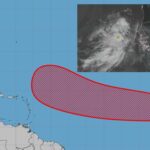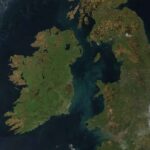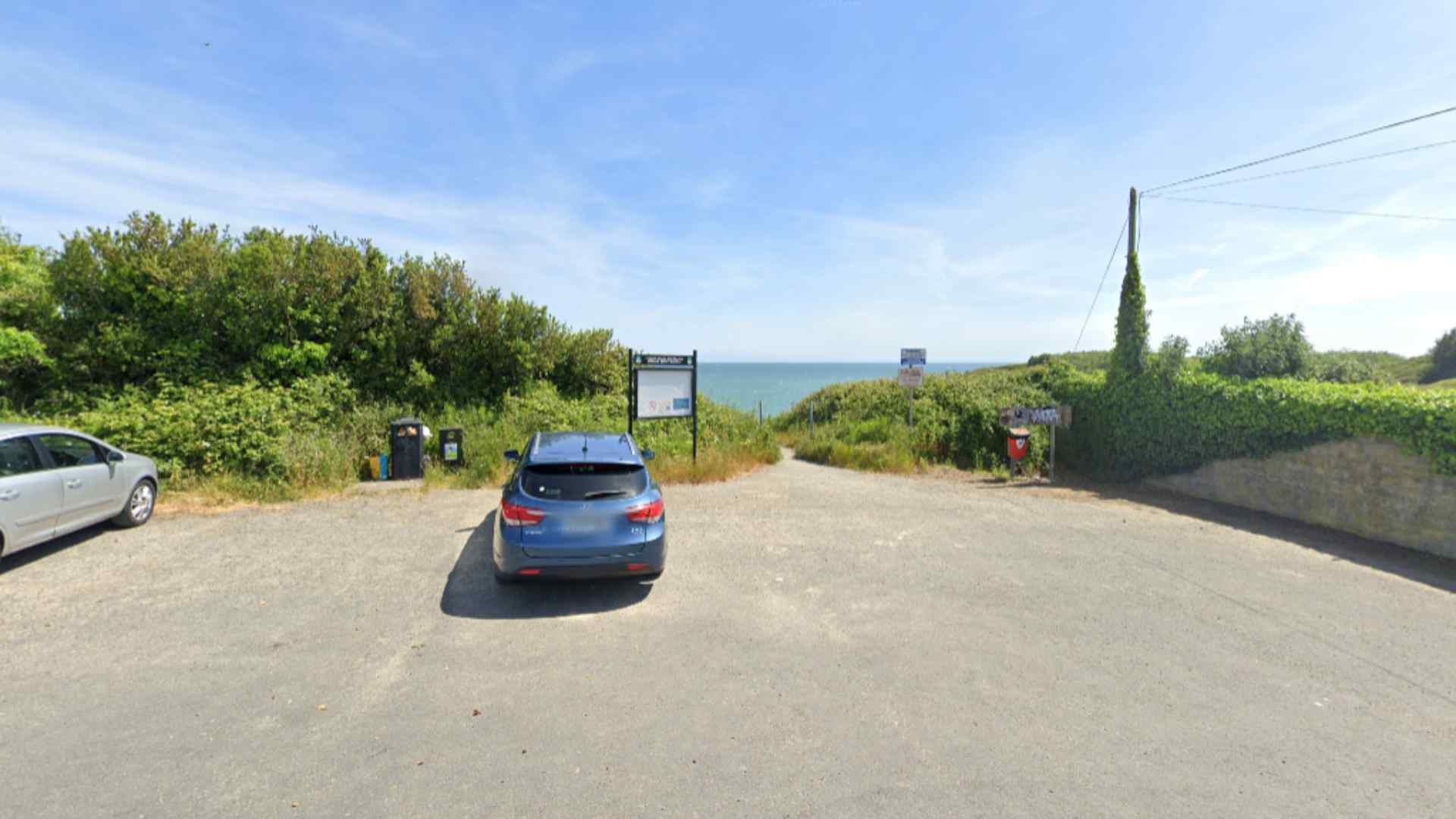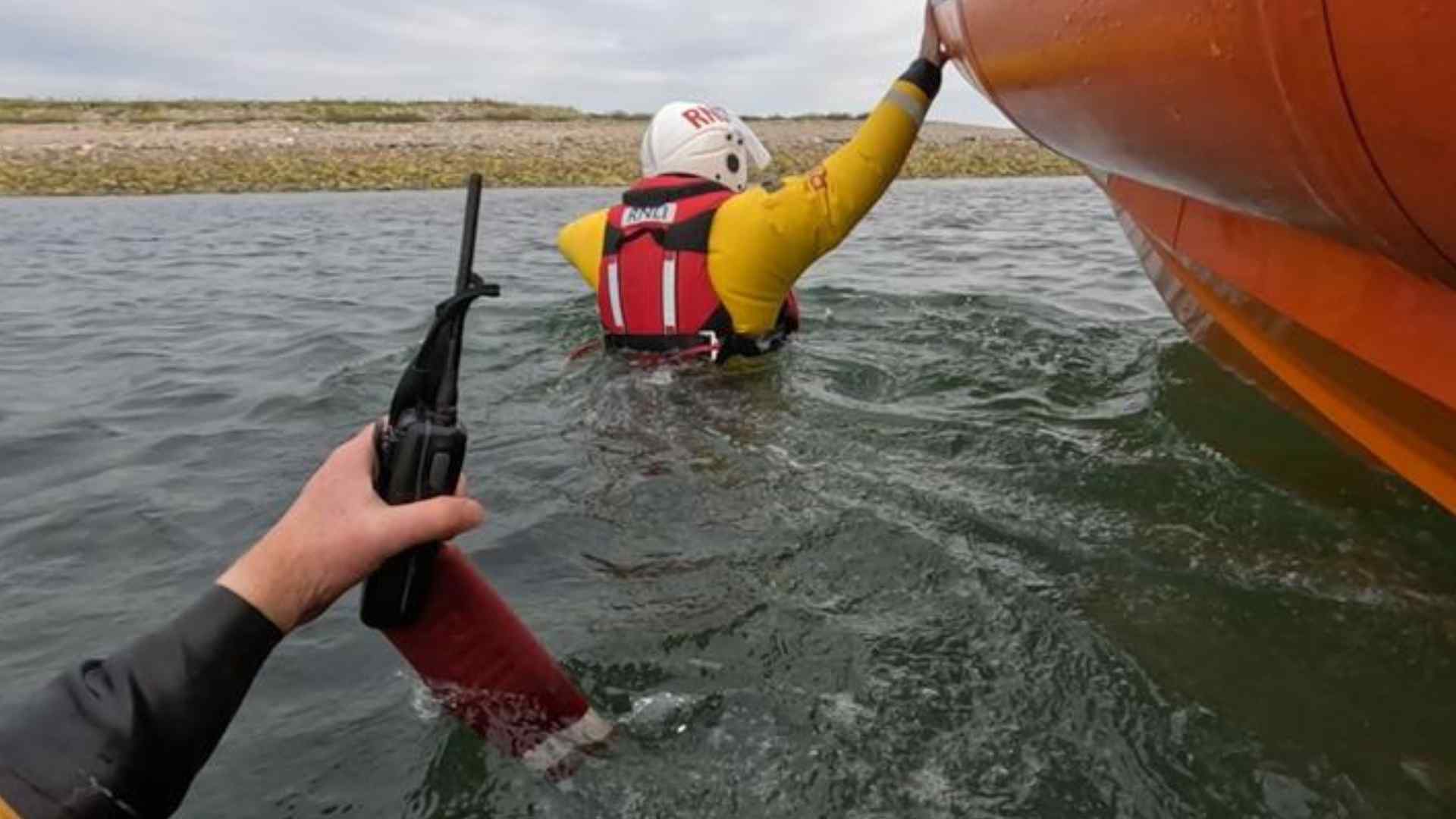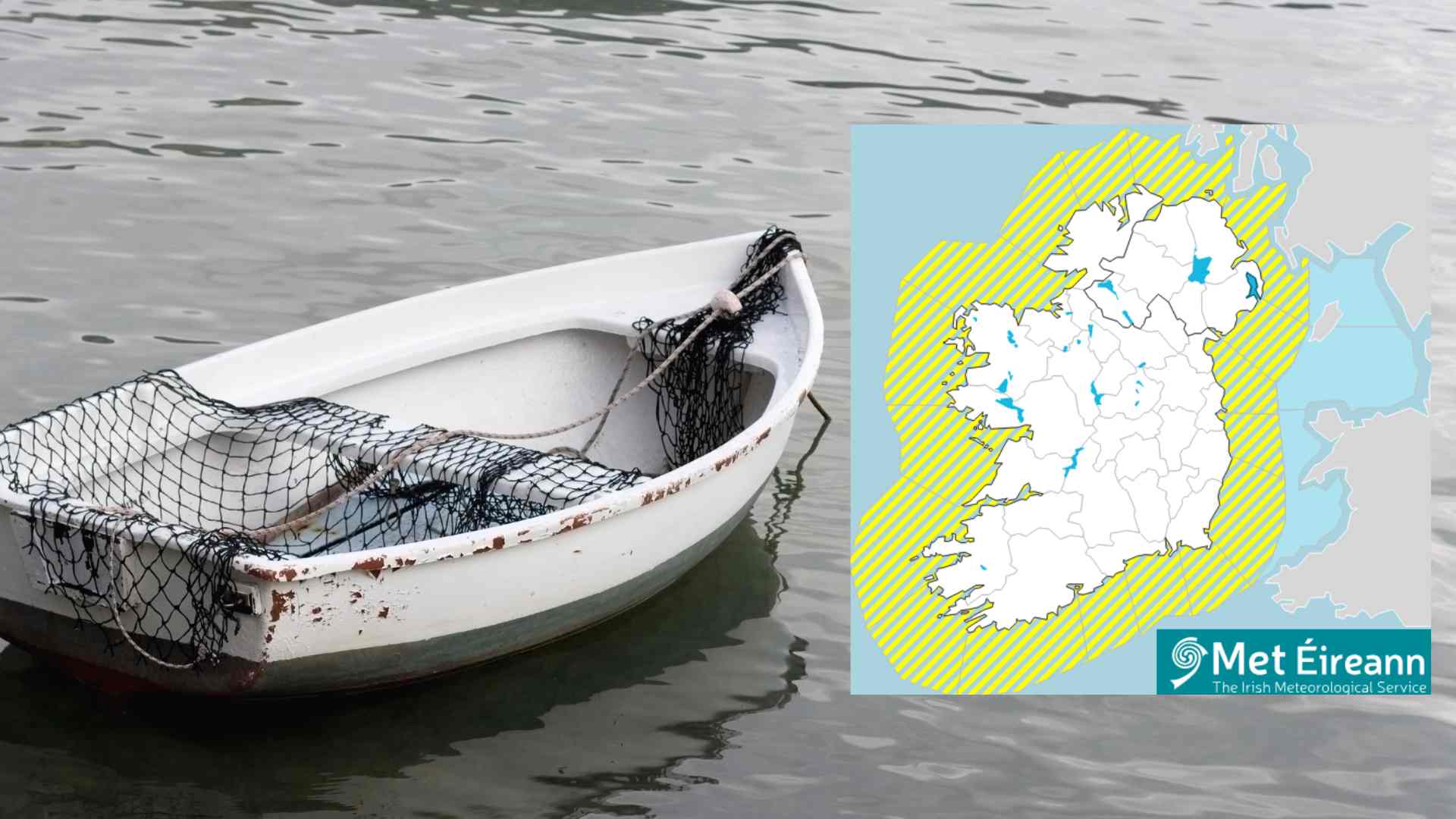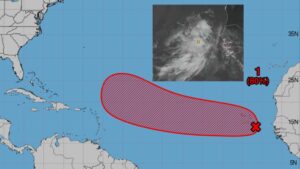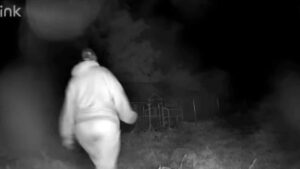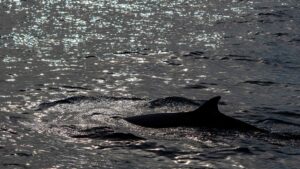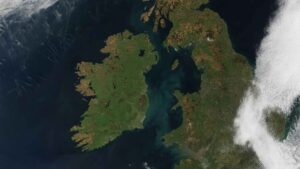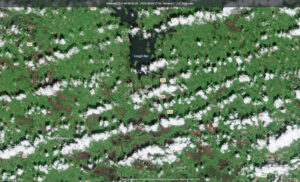
Deep-Diving Whales Found Dead After Coastal Strandings
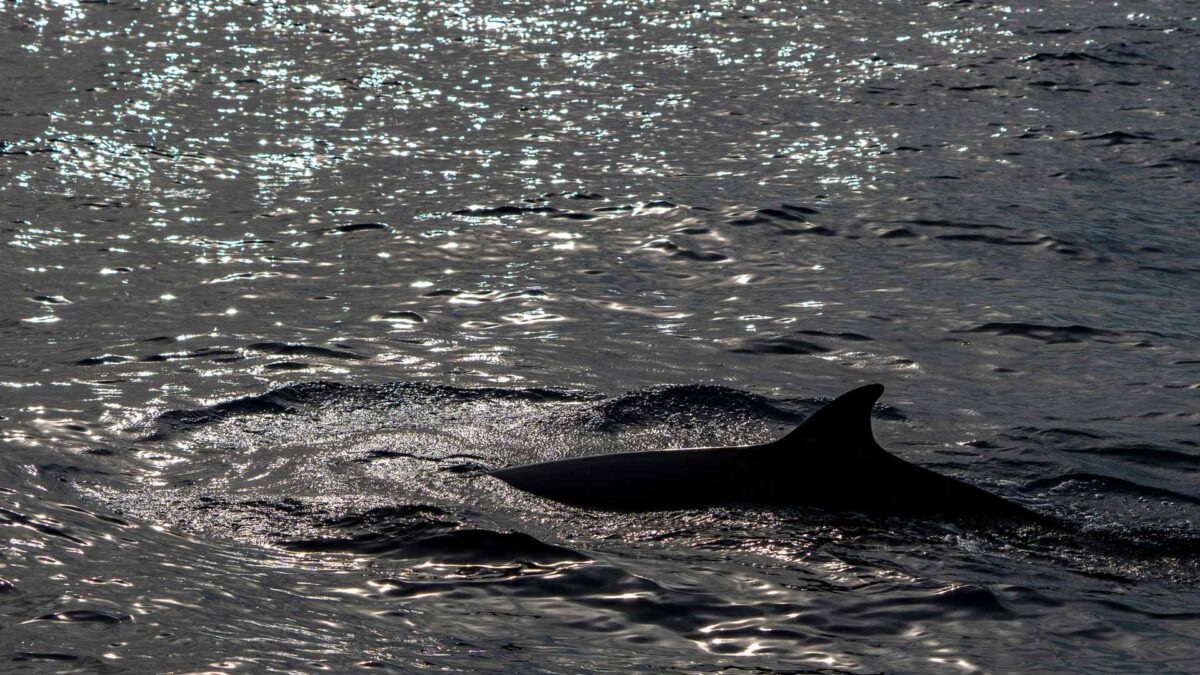
Two juvenile Sowerby’s beaked whales, one male and one female, were discovered live stranded at Helvic, County Waterford, on Thursday.
Both animals failed to survive despite efforts by trained responders, according to the IWDG.
Beaked whales are deep-diving species typically found in ocean canyons beyond the continental shelf, diving to depths of 1 to 2 kilometres. Their presence in shallow coastal waters is unusual and often indicates distress. Live strandings of these whales are rarely survivable.
This incident is part of a series of recent live strandings of deep-diving whales across Europe. On the previous day, a Sowerby’s beaked whale stranded alive in Suffolk, England. In the preceding ten days, two Sowerby’s beaked whales stranded in the Netherlands, four Northern bottlenose whales in Orkney, and two True’s beaked whales in County Mayo.
The National Parks and Wildlife Service funded the post-mortem of the first whale, which was conducted by the Regional Veterinary Laboratory in Cork with support from the Irish Whale and Dolphin Group (IWDG). The second whale was examined on site by veterinary experts, including representatives from Dublin Zoo, Moyne Vets, UCD, and the IWDG.
Waterford County Council assisted in the recovery of the whales. Findings from these examinations will contribute to ongoing investigations into recent beaked whale strandings across Europe.
The IWDG urges anyone encountering a live stranded whale, dolphin, or porpoise not to attempt refloating but to immediately contact the Emergency Stranding Hotline at 097 28118. Photographs and videos of the animal and site are requested to assist with identification and condition assessment.
Live stranded marine mammals pose a risk as they may thrash their powerful tails unpredictably when stressed.
